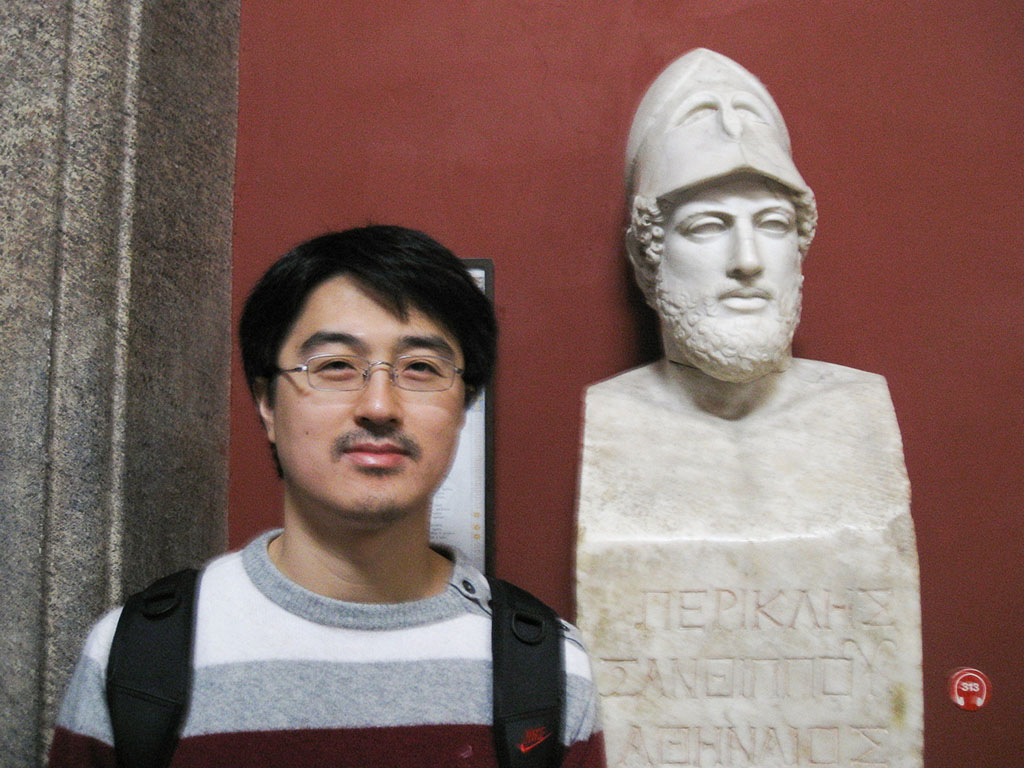
Yong Jae Kim.
HPU Associate Professor Yong Jae Kim, Ph.D., has authored a new article in the journal Political Science titled “How does the Chinese Communist Party manage a pluralized society?: issue politics and political strategy in China, 1921-2020.” The article examines how the Chinese Communist Party (CCP) has used economic and development-focused strategies to tackle social divides and maintain stability since 1989, uniting different groups by promoting shared goals like growth and development.
The research uses advanced text analysis tools to examine party documents and news articles spanning decades of CCP decision making. This novel approach revealed how the CCP framed economic growth to address social inequality, gaining the trust of both powerful elites and the public. These complex strategies helped the party remain in control even as social divisions grew.
“By looking at how the CCP uses issue-based strategies, we gain valuable insights into how non-democratic regimes can navigate social challenges while keeping power,” Kim explained. “This research helps us better understand the political tactics of regimes worldwide.”
Kim’s work highlights the importance of using new research tools like text mining to uncover patterns in political decision-making. The findings offer insightful lessons on how governments handle social divisions, making Kim’s research an important contribution to understanding political stability in complex societies.
To read the complete article, click here.


